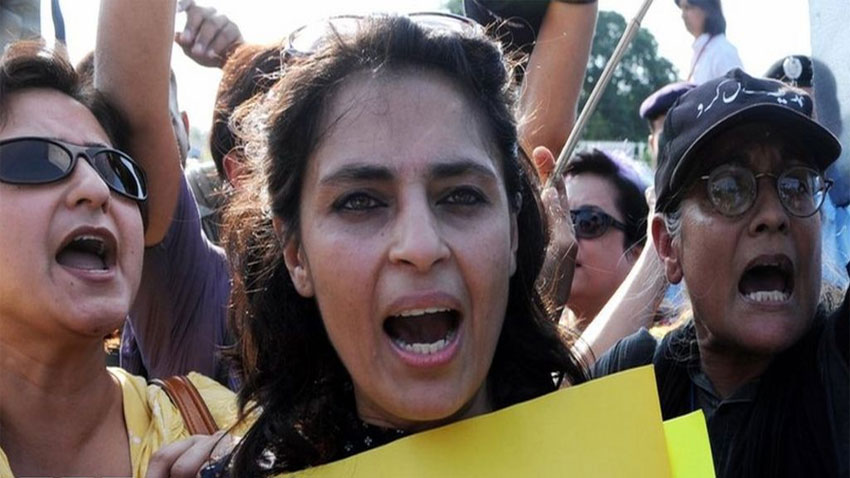
The apex court issued a strong ruling declaring that the state must ensure every Pakistani woman receives her rightful inheritance. The court stressed that this right is not optional, calling it a “divinely bestowed” entitlement that must be protected without delay.
The detailed judgment, authored by Justice Athar Minallah, was released in a seven-page document. It was written before his resignation, in which he criticised the new 27th Amendment that shifts power from the Supreme Court to a Federal Constitutional Court.
The bench dismissed an appeal filed by Abrar Hussain, who had challenged earlier decisions of the Sindh High Court and a trial court. Both courts had upheld his sister Bibi Shahida’s claim that she was denied her share of family property after their father’s death in 2002.
The judgment noted that Hussain took exclusive control of the property, leaving his siblings without their lawful inheritance. Despite having no valid case, he continued filing appeals, which the court said only prolonged his siblings’ deprivation.
According to the court, the state has a constitutional duty to ensure women know their inheritance rights and can claim them without fear or lengthy legal battles. It stated that authorities must establish a clear and accessible system to identify and assist women seeking their rightful shares.
The ruling also warned that anyone who uses pressure, deceit or influence to deny women their inheritance must face legal consequences. The court cited a landmark decision of the Federal Shariat Court, which held that customs such as ‘Chaddar’, ‘Parchi’ or ‘Haq Bakhshwai’ are un-Islamic and have no legal value.
Read more: NADRA introduces new digital service for citizens
The Supreme Court said the right to inheritance is a divine command, clearly stated in the Holy Quran. Any attempt to block this right is not just illegal, but a violation of Divine Will. It added that cultural practices that deprive women of inheritance are outdated customs with no link to faith or justice.
The court further observed that society harms itself when it ignores women’s inheritance rights, and that the state must actively work to end such practices. The ruling stressed that protecting these rights is essential for justice, equality and faith.
In its short order, the court imposed a cost of Rs500,000 on Hussain, directing him to deposit the amount with the Supreme Court registrar within seven days. The money will be distributed among the legal heirs identified by the trial court.
Shahida’s 2015 complaint claimed that Hussain illegally occupied the property and even rented out part of it without permission. She said he kept the rent instead of distributing it according to each heir’s share. Other siblings confirmed her claims and supported her case.
Hussain argued that his father had gifted him the property out of affection and had given him possession during his lifetime. The courts rejected this claim for lack of proof.
This ruling highlights a deep problem in family property matters. Many women still struggle to get their rightful shares. The court’s words give them strength. The decision also puts pressure on the state to act quickly. Families may think inheritance issues are private, but the law protects everyone equally. This case shows that delaying someone’s rights can no longer be ignored.




